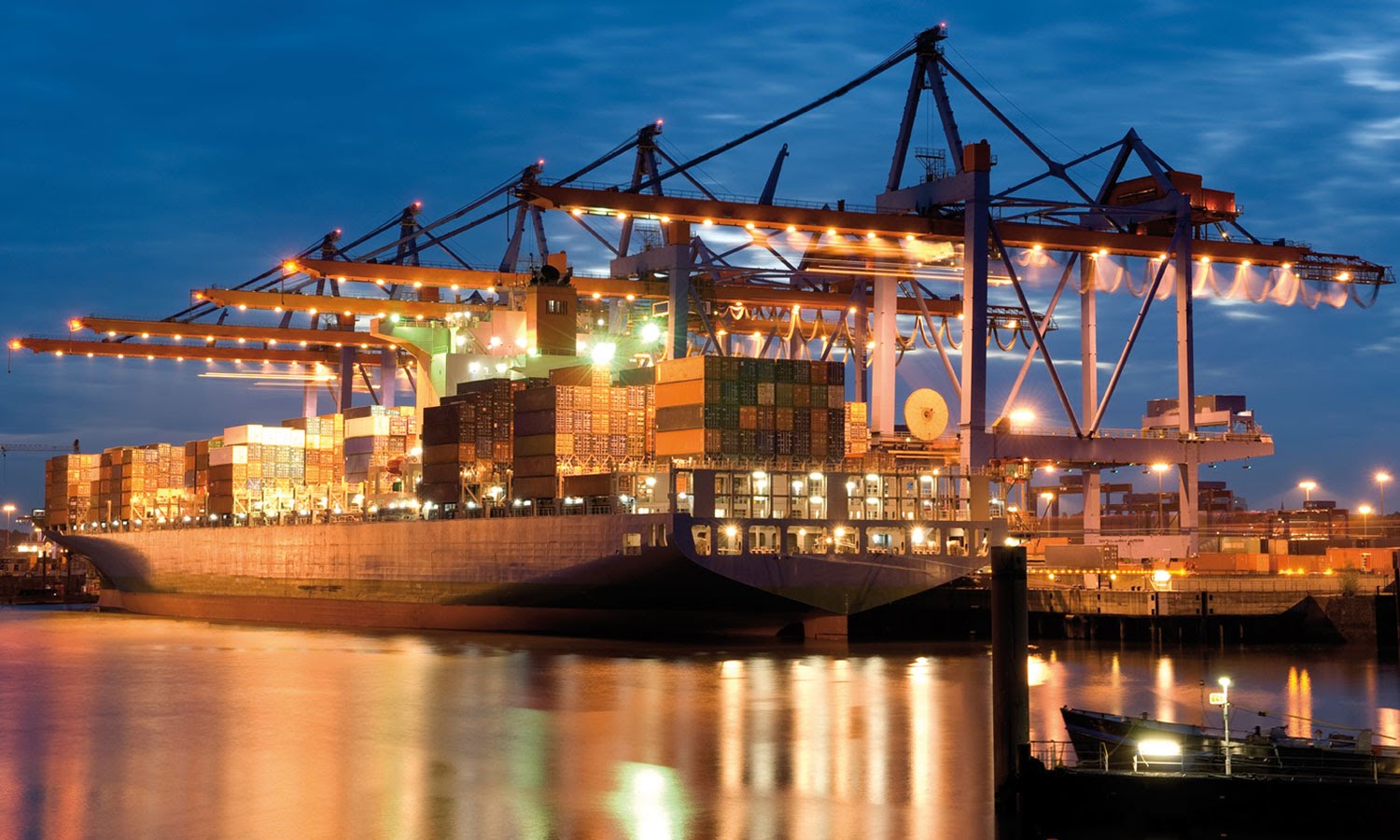- ‘Govt Should Audit Terminal Operators’
PRESIDENT Muhammadu Buhari has been urged to constitute a committee that will take an inventory of the number of cargo equipment at the ports to eradicate redundancy, boost efficiency and make the ports competitive in the sub-region.
The exercise has become necessary because of the unattractiveness of the nation’s sea ports.
Stakeholders are convinced that for Buhari to succeed in repositioning the sea ports for greater efficiency, there is a need for him to mandate the Ministry of Transport, Nigerian Ports Authority (NPA) and Bureau of Public Enterprises (BPE) to conduct a performance audit of the con-cessioned seaports to determine their progress and challenges since 2006.
Almost 13 years after the ports were concessioned to private operators, importers and clearing agents claim that most of them have failed to keep to the terms of agreement.
According to the Vice-President, Association of Nigerian Licensed Customs Agents (ANLCA), Dr Kayode Farinto, most of the concessionaires have failed to “develop, market and promote cargo throughput and cargo-related business of the lease property.
Farinto said the concessionaires make huge amount from service charges and over N10 billion annually from storage and demurrage charges on importers and clearing agents without a corresponding improvement on their terminals.
He regretted that 13 years after the ports concession agreement was signed by the NPA and the operators, some operators have not added value to their services and terminals.
He explained that most of the terminals were stocked with old equipment inherited from the NPA, adding that the inherited buildings are dilapidated and serving no purpose apart from occupying space that would have been converted for cargo delivery and process procedure.
Huge demurrage and other sundry factors, he said, are making the ports uncompetitive and unattractive for business, urging the President Buhari to address the problem.
Farinto said: “The un-competitiveness of the ports, Farinto said, has made it difficult for them to attain world-class status.
“This is the correct time for President Muhammadu Buhari and the Federal Executive Council to constitute a committee that will take inventory of all the equipment at the ports.
“Mr President must also direct the Managing Director of NPA, Ms Hadiza Bala-Usman, to carry out the performance audit of each of the terminals to show the areas where they have deliberately violated the concession agreement they signed with the government.
“NPA, in collaboration with the Nigerian Shippers Council (NSC) need to take inventory of the number of cargo equipment in each of the terminals to show how the operators have been running the ports.
“There is an urgent need for NPA to publish data on operations equipment of each of the terminal operators and see how they have boosted efficiency at ports.”
He added that equipment such as cranes, forklifts, straddle carriers, reach stackers and other vital equipment available at each berth facility (quay apron, yards, terminals, sheds and warehouses), their number, technical charac-teristics, first service year and expected life time “need to be known by the government and the public, in whose interest they claimed to be operating the port.
While carrying out the inventory, he said senior media officers from the Presidency must be involved, and equipment code marked on its parts for easy identification.
Also speaking at the weekend, a senior official of the Federal Ministry of Transportation (FMoT), who craved anonymity, said there was need for the ‘NPA to carry out performance audit of the port.
“Performance measurement and improvement are essential activities that Port Authorities uses to enhance their productivity and competitive position. Certain indicators concerning port services and operations can be evaluated from financial and operational points of view, to serve the overall port management, especially the middle-management in its day-today strategy implementation.
“Among various performance monitoring systems helping the port authority to achieve its strategic objectives include the Balanced Scorecard (BSc), which serves to create, select and present performance to highlight the main performance indicators (PI) used today by port authorities, and to underline the BSc contribution on improving port efficiency.
“To improve the quality of its services and operations, NPA should consider their ports as part of a multimodal transport, while needing efforts concentrated in: identifying the information and data requested to prepare the key performance indicators; locating the sources, type and range of data required; storing, retrieving and processing the required data; monitoring the improvement process and maintaining the best results obtained,” he said.

 Naira3 weeks ago
Naira3 weeks ago
 News4 weeks ago
News4 weeks ago
 Naira4 weeks ago
Naira4 weeks ago
 Jobs3 weeks ago
Jobs3 weeks ago
 Naira3 weeks ago
Naira3 weeks ago
 Travel3 weeks ago
Travel3 weeks ago
 Naira3 weeks ago
Naira3 weeks ago
 Investment4 weeks ago
Investment4 weeks ago






























